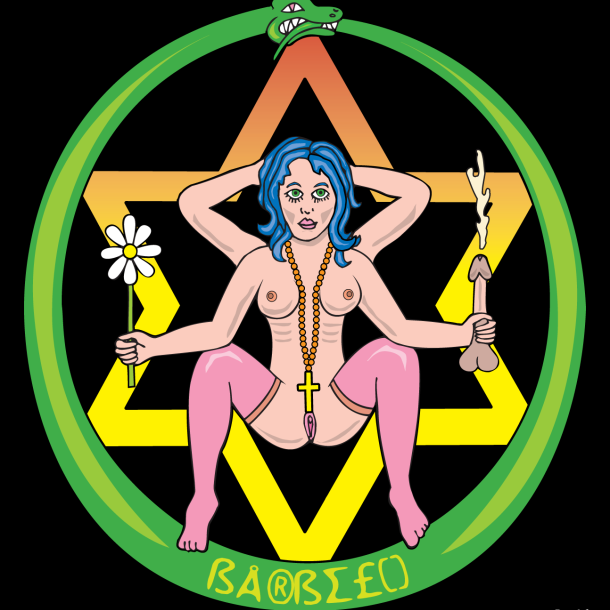The Alien God
Beyond the edge of the known universe, the alien god sleeps, submerged in an endless, shimmering pool. A ripple echoes across the timeless waters, the goddess Barbelo emerges, and together they conceive two divine children : Sophia (Wisdom) and Immortal Man (Christ).
![Gnostic Speculative Cosmologies : The Gods before "God" "Come from invisible things to the end of those that are visible, and... [this] thought will reveal to you how... those things that are not visible [are] found..."
"The Sophia of Jesus Christ." The Nag Hammadi Library. Ed. James Robinson. HarperCollins, 1978. 227.](https://www.gnosticshock.com/storage/bb-plugin/cache/the_all_is_one-610x923-square-2fcb64c5f123eb4cd831c9c7e0bb148d-.png)
God’s Family Tree
“Seeing that everybody, gods of the world and mankind, says that nothing existed prior to chaos, I, in distinction, shall demonstrate that they are all mistaken…” (1) Gnostic creation myths are unbelievably complex, bizarre and convoluted; compared to such texts as the “Secret Gospel of John” and “On the Origin of the World,” the Genesis…
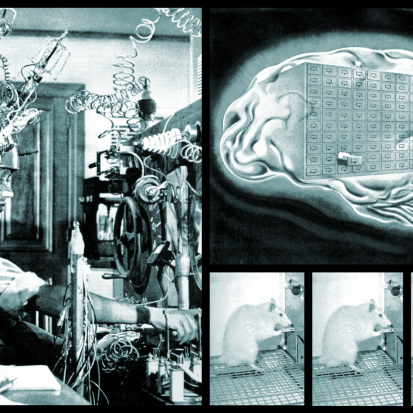
God Above God : Before the Beginning
Before there was a God, a heaven or an earth, there was only the Alien God, the infinite and eternal mind who dreams all realities: “There is a perfect preexistent Aeon, dwelling in the invisible and unnameable elevations… in quiet and in deep solitude for infinite aeons.” ((”The Valentinian System Of Ptolemaeus.” The Other Bible.…
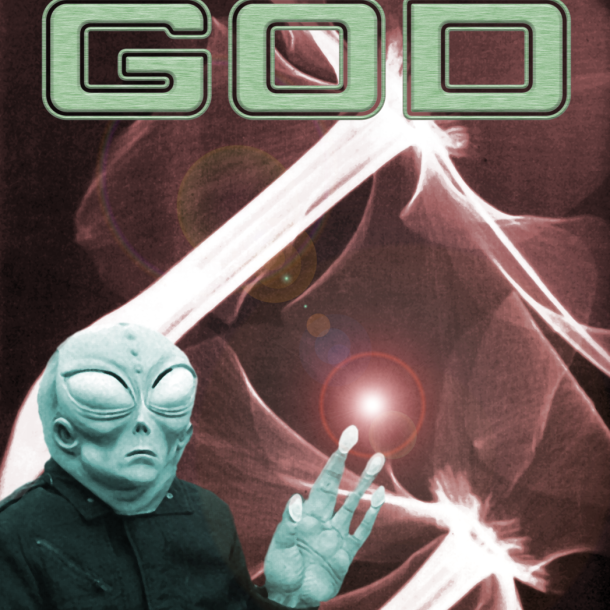
The Alien God and Panentheism
The gnostic Christians acknowledged a supreme being, but their god was not the bumbling, all-too-human creator god of the Bible. The Yahweh of Genesis was wrathful, jealous, particular and vindictive; how could he be the highest form of mind, when he couldn’t even rise to the ethical level of an unusually well-balanced human? Instead, the…
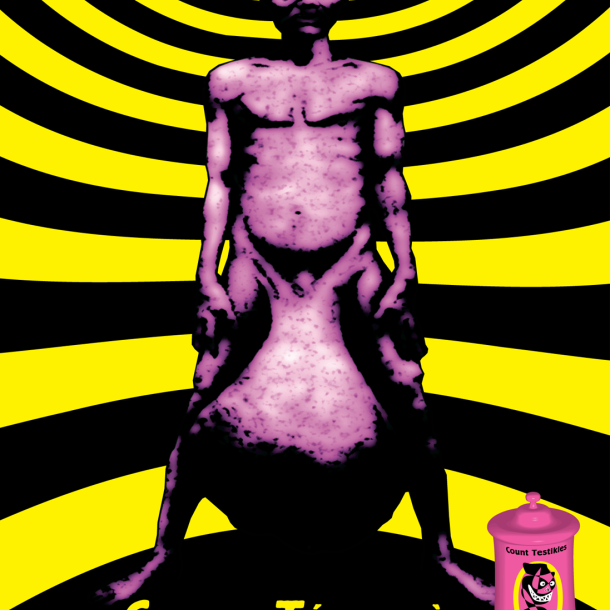
The Non-Existent God and the Multiverse
THE NON-EXISTENT GOD The main difference between the “Alien god” of gnosticism and the Biblical god of Genesis is the idea that the Alien god never created anything, much less the world; the Alien God simply is. Or is not – for in the same way that certain schools of Judaism refuse to assert that…
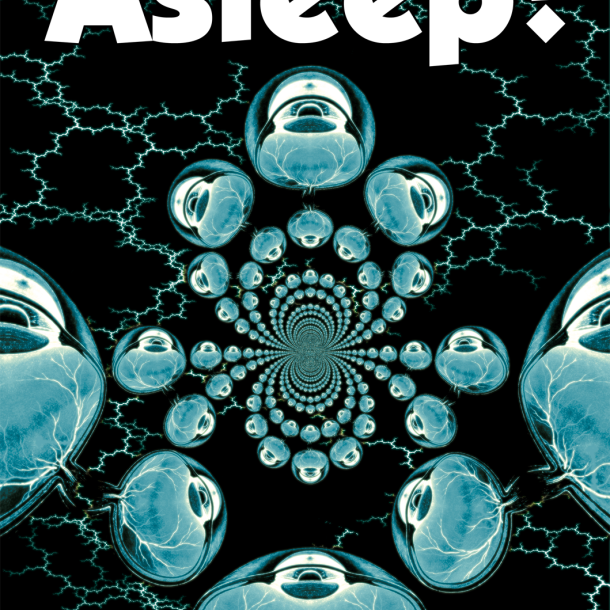
The Infinite Aeons
Before the material world existed, the divine world was created, erupting from the ecstatic union of Sophia (the world soul) and Christ (Divine Mind). The universe they made together exists outside of time as a realm of infinite possibility and endless exploration, fluid and ever-changing, a hyperspace of pure thought: “Now Immortal Man revealed Aeons…
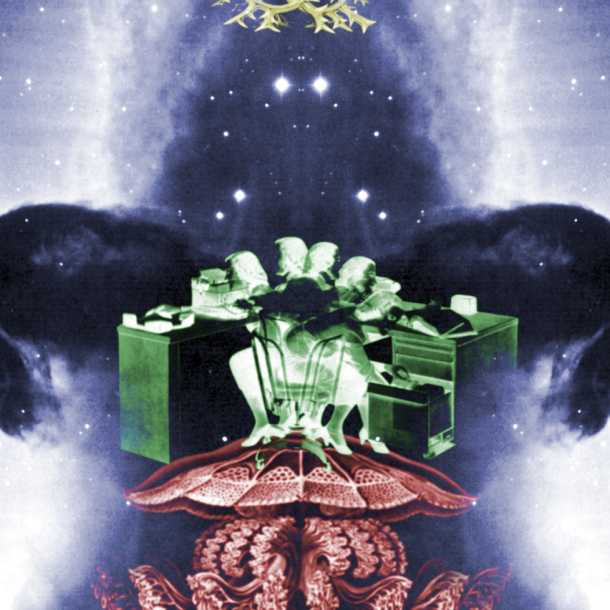
Immortal Man
The Gnostic trinity of Father, Mother and Child was made complete with the birth of Immortal Androgynous Man, first and only offspring of Barbelo and the Alien God: “The Invisible Spirit gazed at the Barbelo… and the Barbelo conceived by it, and it begot a luminous spark consisting of light…” ((“The Secret Book of John.”…
![Sophia Gives Birth to Life "The power which overflowed from the Woman...fell from above [and] came down directly upon the waters, when they were motionless, and set them in motion, moving boldly as far as the abysses; and it took a body for itself from them."
"The Sethian Ophites." The Other Bible. Ed. Willis Barnstone. Harper San Francisco, 1984. 661.](https://www.gnosticshock.com/storage/bb-plugin/cache/ERGOT-610x779-square-e2c6ce359ab02333c2ab96b106aec33c-.png)
The Fall of Sophia
“The power which overflowed from the Woman…fell from above [and] came down directly upon the waters, when they were motionless, and set them in motion, moving boldly as far as the abysses; and it took a body for itself from them. When it was bound and weighed down by the body of matter, it lay…

